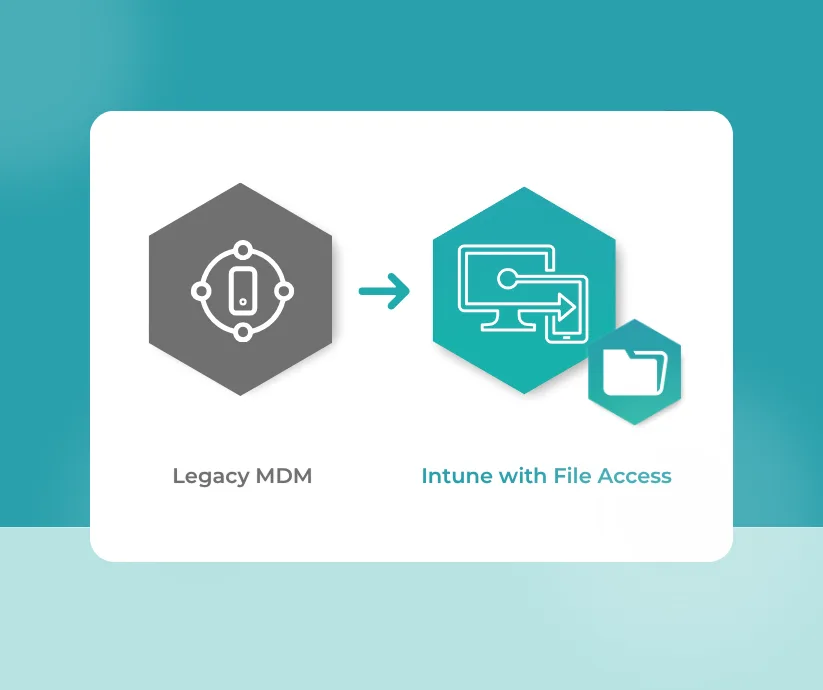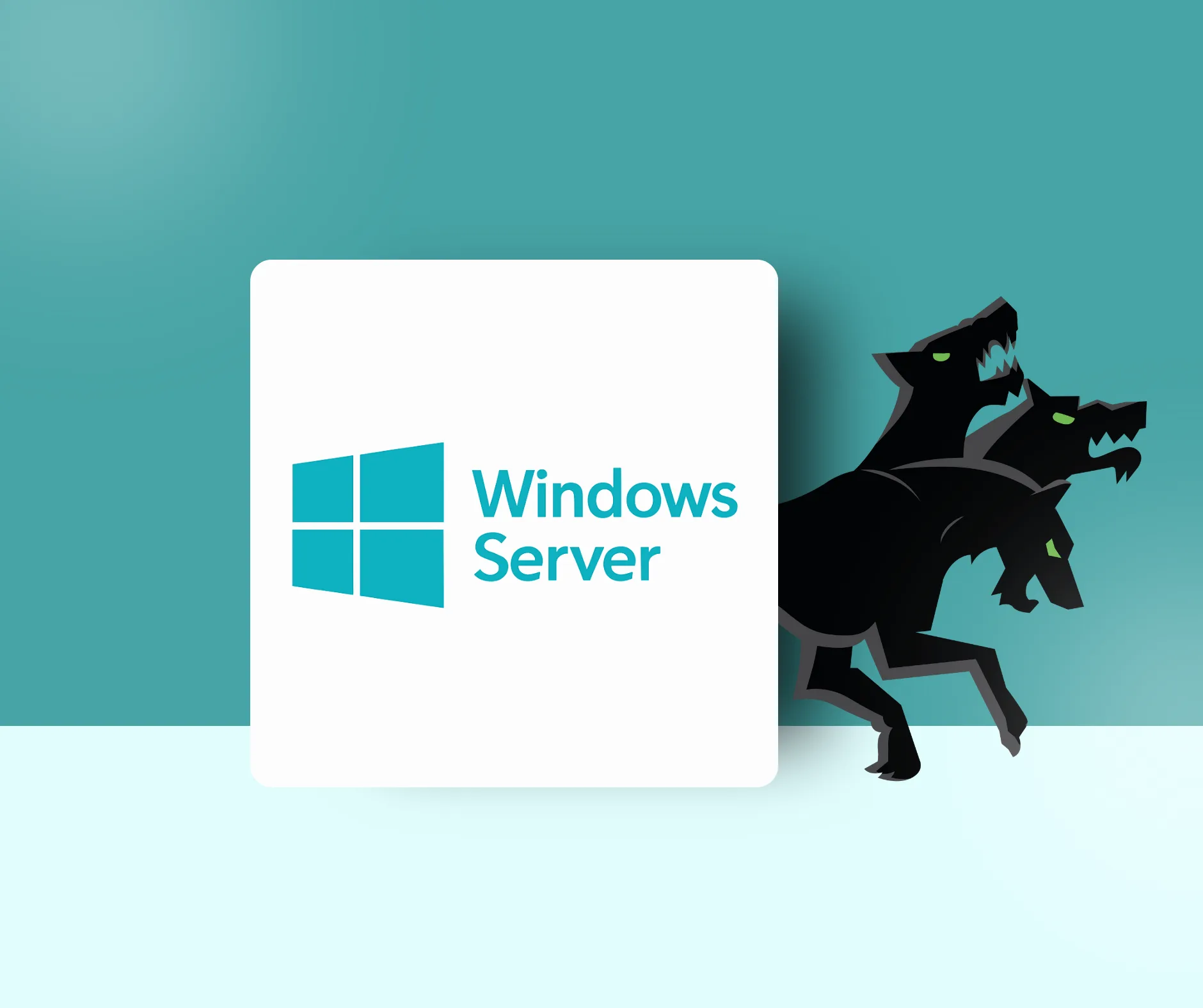In mid May the Trump administration blacklisted China’s largest tech company Huawei accusing it of espionage. The U.S threatened to cut off the U.S. software and semiconductors it needs to make smartphones and networking gear. Shortly after this announcement, Alphabet Inc.’s / Google suspended some of its business ties with Huawei.
Google said it will no longer engage in business with the chinese tech giant that require the transfer of hardware and software products – Except those covered by open source licenses. They will also stop providing technical support and collaboration for Android and Google services. In about 90 days Huawei will lose access to updates on the Android operating system.
How does that affect Huawei users?
Huawei can no longer license Google’s proprietary Android operating system and other services that they offers. Instead, Huawei is now only able to use a public version of Google’s operating system through the Android Open Source Project. This means future Huawei phones will not have the Google services that users have come to expect on Android devices.
Not only will be brand new devices be affected, due to the fact that updates have to pass through recertification on existing devices. It also means that millions of phones around the globe will have affected by the next update. Which makes Huawei phones obsolete – except in mainland China. They already use their own app store called “app gallery”. It is a separate Chinese based app store that has nothing to do with the Google Play.
Further Huawei phones are no longer listed as Android Enterprise Recommended devices. Till recently at least 10 Huawei devices were listed.
So what does it mean for you as an Android Enterprise users?
Because Huawei will no longer have access to Google’s non-AOSP solutions – known as Google Play services – it would also mean the end of Google Mobile Services (GMS) certification. GMS is a collection of Google applications and APIs that help support functionality across devices. These apps work together seamlessly to ensure your device provides a great user experience right out of the box.
Officially Android Enterprise is only supported on GMS devices – Android Enterprise relies on these feature outside of basic device management. Just picture what an influence it could have on business.
By losing the access to the updates, especially periodical security updates, Huawei becomes unattractive and obsolete for companies. Timely updates result in better security – which is crucial for business.
Hundreds of millions of consumers worldwide will suffer as the US uses national security to justify abuse of their dominant position. Therefore Companies now have to be more aware on how they are going to set up their Mobile strategy then ever before. So they don’t get thrown under the bus by political and economic decisions.

The threat is real
In Europe Huawei was leading the smartphone market. They were en route to become the largest smartphone maker by the end of the year. Imagine what would happen if Samsung no longer gets access to the Googles non-AOSP solutions.
Therefore companies have to make sure to be as dynamic as possible by using flexible software that is hardware agnostic, EMM agnostinc and vendor agnostic.
At Hypergate we have created our solution with this threat in mind. Therefore, Hypergate is hardware agnostic, EMM agnosting and vendor agnostic. Further it is seamless to integrate and provides a fast and secure Kerberos single sign on solution.
Hypergate is a Android Kerberos client enabling on-premise single sign on (SSO). Hypergate does not rely on a backend service and communicates directly with the Key Distribution Center (KDC). In a Microsoft Infrastructure the KDC translates to the active directory domain controller. Once Hypergate collected the Ticket Granting Ticket it’s providing it to all whitelisted applications in the work container offering a true interaction less single sign on user experience. Hypergate is entirely Android Enterprise compatible and relies on managed configurations that can be easily configured through the enterprise’s EMM.
In a nutshell
The only thing the integrator needs to do is import the light weight Hypergate App via the Playstore and configure it according to their infrastructure. This will enable it to simulate the well known Kerberos smart card logon, which means no infrastructure changes are needed. The security officer can rest assured only battle-tested technology is in use, since the Kerberos protocol already is used for workstations and existing security policies can remain as-is.
The best part about the solution is the User Experience, the user is never disrupted from their interaction with internal websites and can simply use the native google chrome app just like they’re used to in their private lives. To further improve security and user experience Hypergate supports besides the standard credentials based authentication also Certificate Based authentication.







